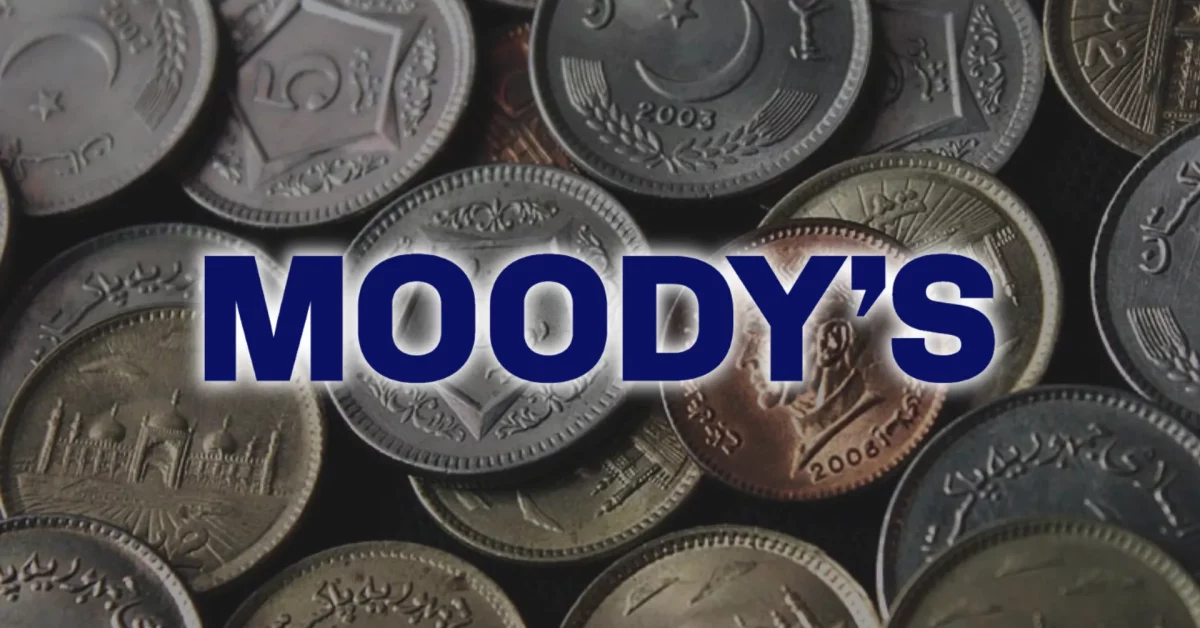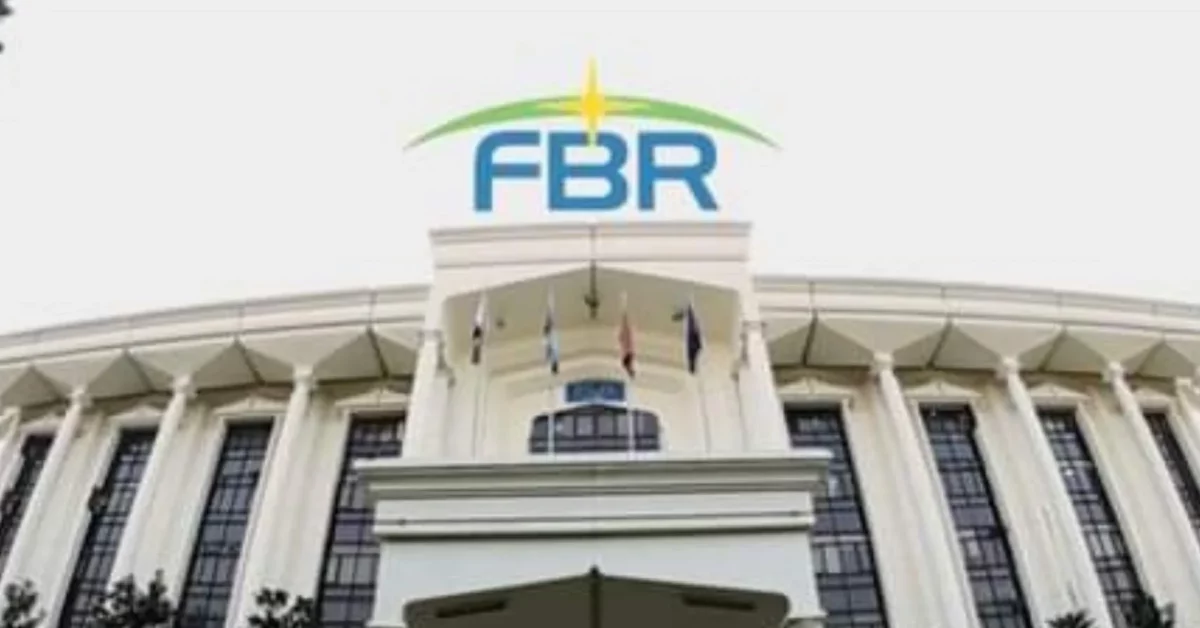
Pakistan-China Launch Joint Lithium Battery Research Centre
July 16, 2025
Pakistan, China Reaffirm Strategic Partnership in Tianjin
July 17, 2025Pakistan Showcases Economic Recovery Progress to Moody’s
Finance Minister Muhammad Aurangzeb, alongside key government and financial sector officials, presented comprehensive evidence to Moody’s Ratings on Pakistan’s improving economic outlook. He emphasized the country’s recent achievements in economic stability, highlighting a notable drop in inflation, a reduced policy rate, a stabilized exchange rate, and a growing current account surplus. Foreign exchange reserves surpassed $14 billion by June-end, complemented by rising remittance inflows and stronger export performance, signaling increasing market confidence in Pakistan’s economic recovery.
During discussions, Aurangzeb outlined Pakistan’s completion of the final International Monetary Fund review and the progress under the Resilience and Sustainability Facility (RSF) as milestones contributing to renewed global confidence. He detailed ongoing structural reforms, including budgetary fiscal measures, trade liberalization for export-driven growth, and expenditure rationalization. Talks with the United States on preferential trade access were also progressing positively. Additionally, the government’s efforts to reconnect with international financial markets were highlighted, referencing $1 billion raised from Middle Eastern financing and upcoming plans for Panda bonds and Eurobonds.
The finance minister further briefed Moody’s Corporation’s on taxation reforms, stressing a push for technology-driven improvements to increase the tax-to-GDP ratio and enhance enforcement. He highlighted autonomous revenue growth of Rs2 trillion this year and reaffirmed the government’s aim to achieve a 13-13.5% tax-to-GDP target. Aurangzeb reiterated Pakistan’s commitment to reforms in privatization, restructuring state-owned enterprises, and improving governance, expressing confidence that these efforts would translate into positive rating actions and greater access to international markets.






